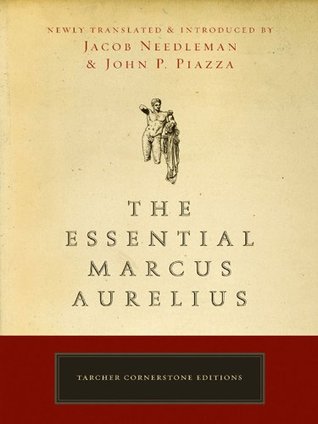More on this book
Community
Kindle Notes & Highlights
understand—and here is the great power of these writings—is that this is the source of true self-respect in human life. Marcus is telling us, and in a certain definite sense he is showing us (think again of the conditions under which he is writing!) that no matter what befalls us, no matter what life deals us, no matter what temptations or suffering we encounter, no matter how shaken we are or bored or torn by impossible demands and choices, no matter what is happening to us in the life we happen to be living, it is always possible for us to step back within ourselves and rediscover an
...more
eventually reach the throne, though not until after the long reign of his adoptive father, Antoninus
At root, Marcus sees mind as the source of human freedom, for it is only with the help of the mind that we can begin to step back from our often thoughtless reactions to our surroundings and view them from a different perspective, and only then perhaps begin to change our lives. He repeatedly writes that every human being has within himself an ability to be free from the suffering that results from the tyranny of our emotional responses. This is,
all, to free his mind from the bonds of all categories, be they political, religious, or even philosophical. In spite of his obviously Stoic influences, Marcus refers not to Epictetus the Stoic but to Epictetus the man, the teacher. And he does not hesitate to cite others, regardless of their philosophical school, if they have something important to contribute. Having said this, let us now look at what is called Stoicism.


